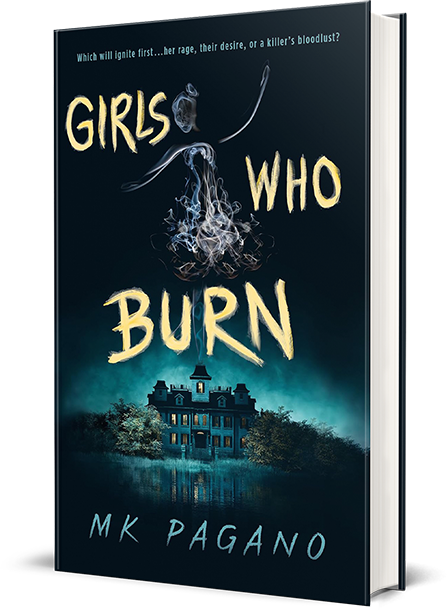Learning from the Masters: Voice

So last week I said I wanted to talk about something super-important in novel-writing: voice. This week I’m talking about the same thing, and showing an example of a completely different kind of voice.
In YA, you can sometimes read several books in a row all with similar voices. That’s why I love The Spectacular Now–the voice is so unique–and that’s also one of the reasons I adore Cassandra Clare’s Infernal Devices trilogy.
Take this passage:
Tessa glanced down the river. The smell of salt and dirt and rot came off the water, mixing with the fog. Still there was something portentous about London’s river, as if it carried the weight of the past in its currents. A bit of old poetry came into her head. “Sweet Thames, run softly till I end my song,” she said, half under her breath. Normally she would never have quoted poetry aloud in front of anyone, but there was something about Jem that made her feel that whatever she did, he wouldn’t pass judgment on her.“I’ve heard that bit of rhyme before,” was all he said. “Will’s quoted it at me. What is it?”
“Spenser. ‘Prothalamion.'” Tessa frowned. “Will does seem to have an odd affinity for poetry for someone so… so…”
“Will reads constantly, and has an excellent memory,” said Jem. “There is very little he does not remember.” There was something in his voice that lent weight to his assertion beyond the mere statement of fact.
In case you’re unfamiliar (or couldn’t tell from the passage), these novels take place in Victorian London. I can’t imagine what a challenge it must have been to write a compelling YA novel in Victorian London, but Clare pulls it off beautifully. She manages to make both the narrator’s prose and the dialogue of the characters fit the time period, but in a way that’s easily digestible and relatable and just flawless. In the entire trilogy I didn’t find an anachronism or a single word out of place. I read somewhere that for nearly six months before or during writing the Infernal Devices, Clare read literature exclusively from that time period. I think that’s brilliant. If you’re writing in a voice that doesn’t come naturally to you, I highly recommend you take a similar approach!
So far I’ve attempted to write in two different voices, and both come with their own set of challenges, but I haven’t done historical fiction yet. Have you? Would love to hear what you’ve learned!
Image of Blackfriars Bridge over the Thames–where this scene takes place–found here


The only two voices I’ve ever been able to pull off are what I call the funny voice and the serious voice. I like to think I have different voices when I write from different character’s POV, but I’m not entirely sure I pull it off…
I think it definitely takes practice. I wrote my first novel with multiple POV characters and it was super-challenging. My second one is one POV throughout–I’d definitely recommend writers start with that first, then as your skills develop move on to working with multiple voices. So challenging, but so much fun!
[…] written about voice in YA contemporary (twice), I’ve written about voice in YA historical, and today I’m going to talk about the voice of a writer who’s not YA at all. Because […]